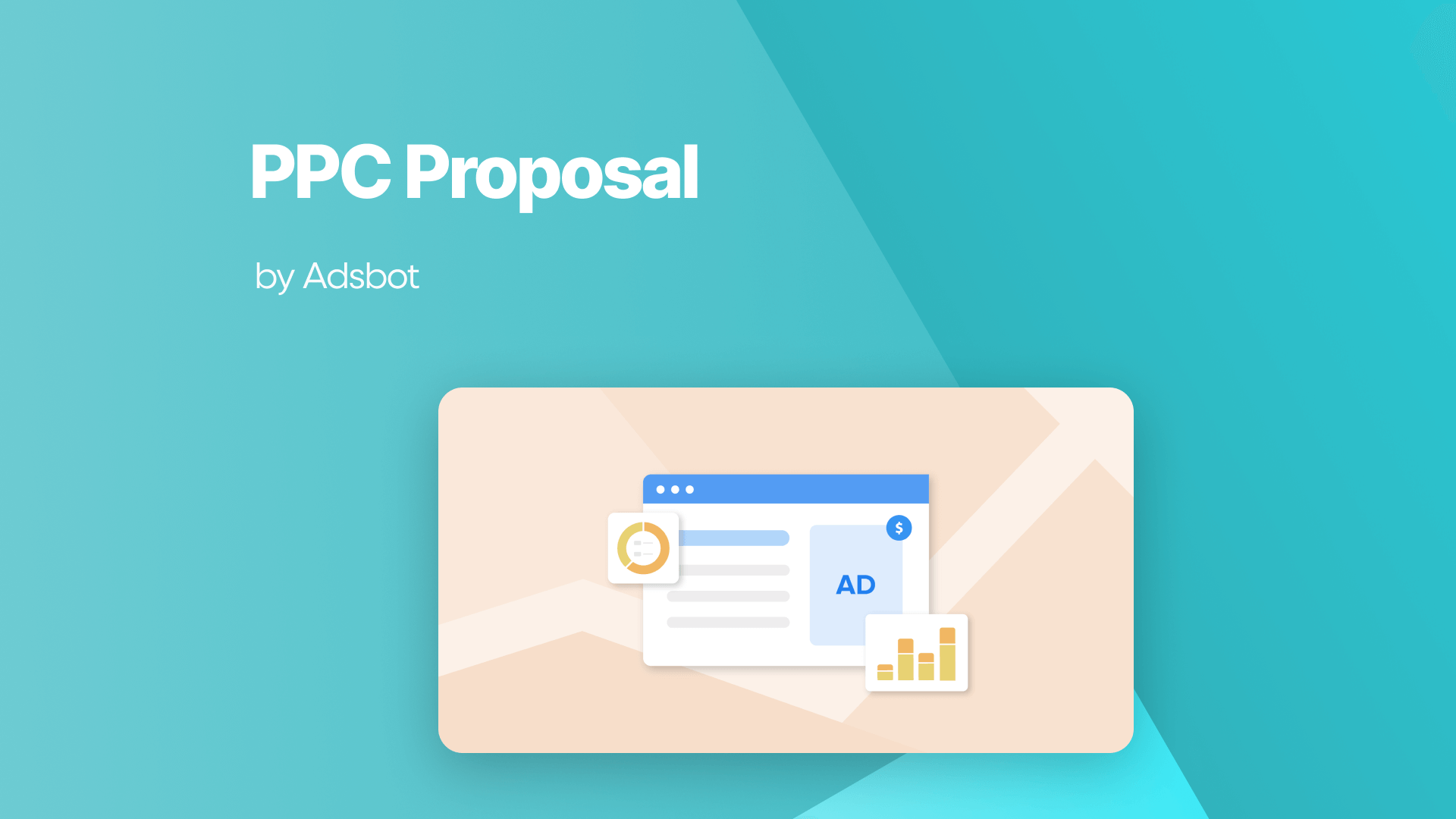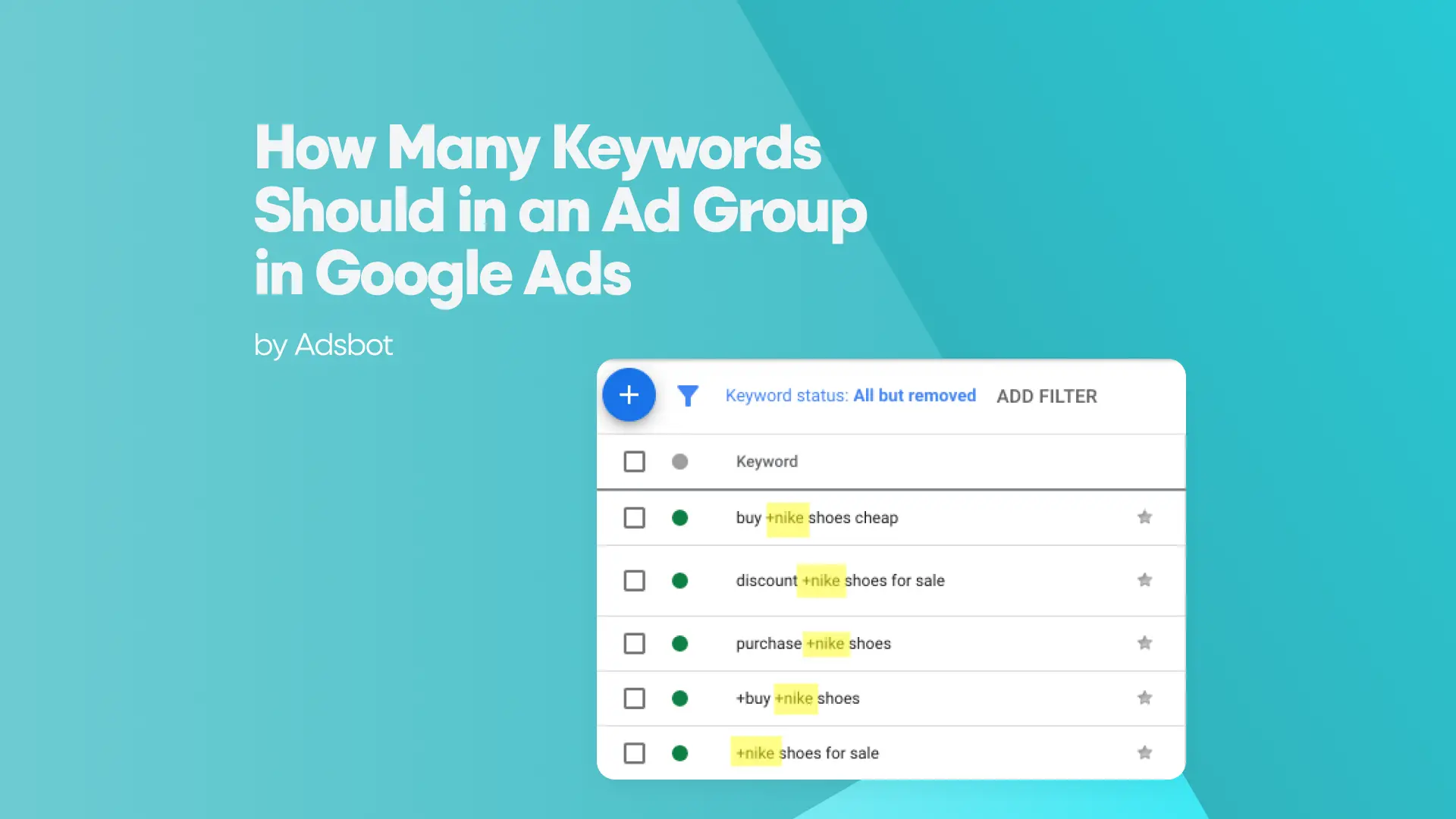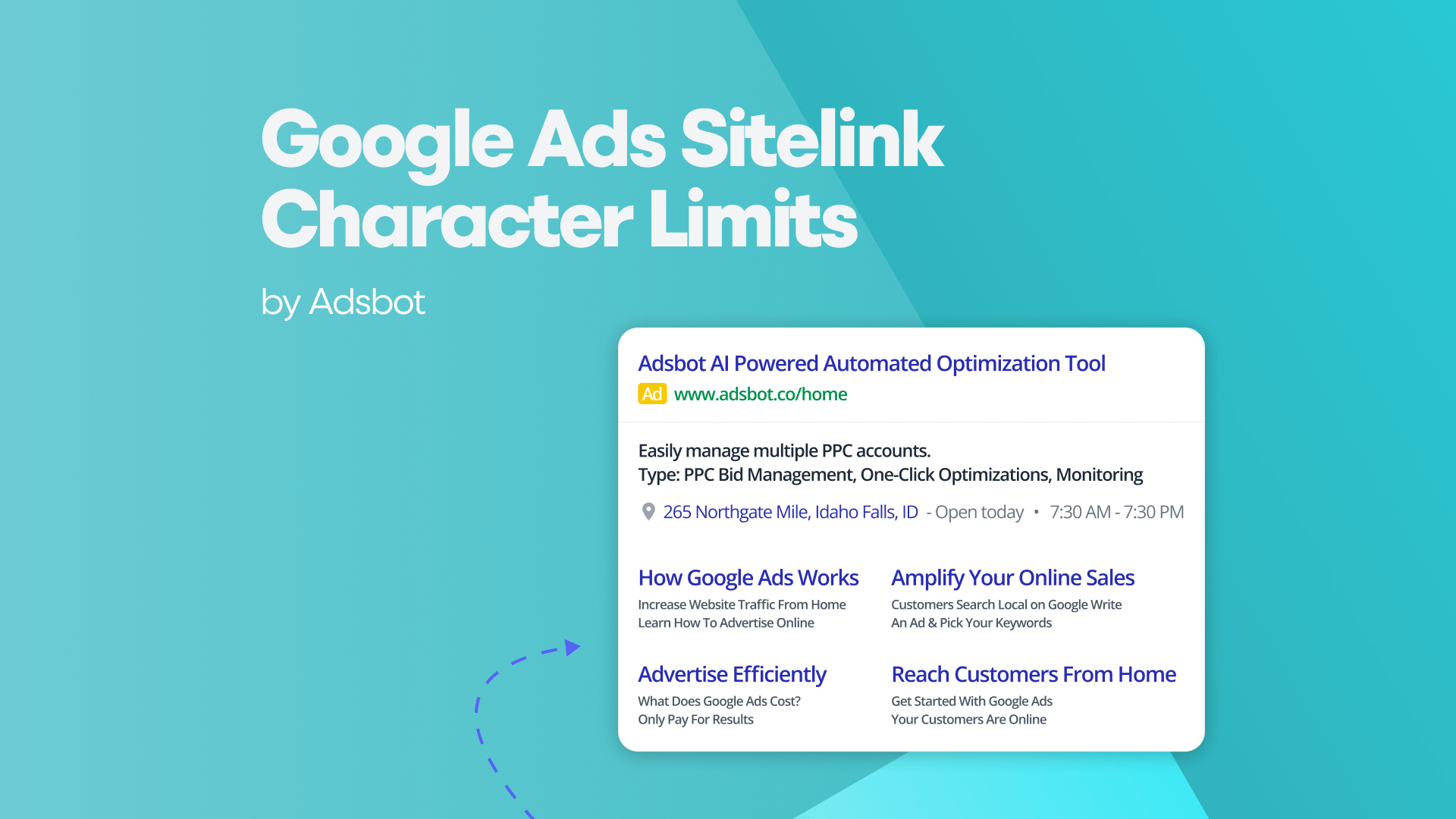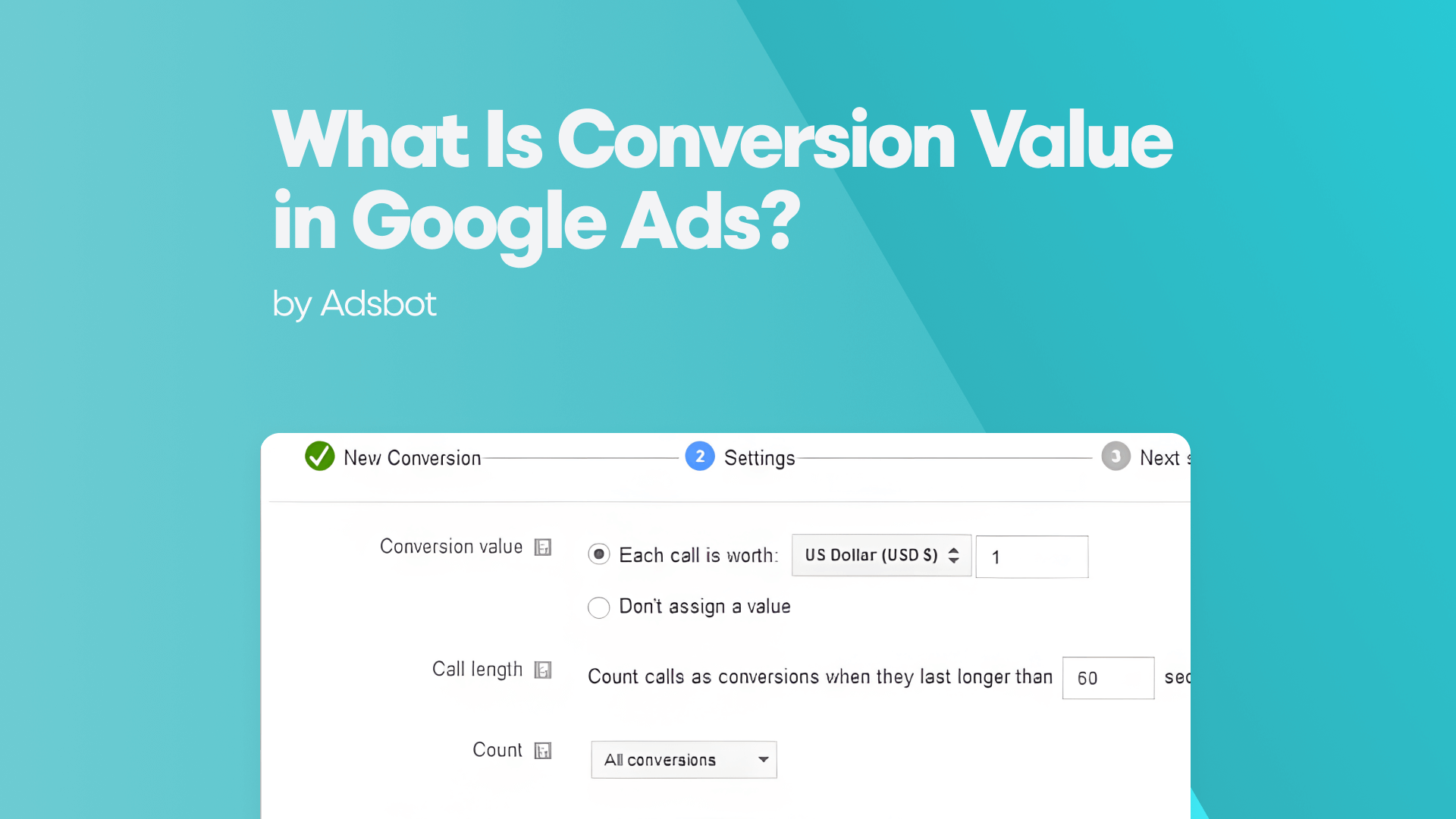In the fast-paced realm of digital marketing, where competition for audience attention is fierce and strategies evolve rapidly, a well-crafted PPC (Pay-Per-Click) proposal serves as the cornerstone of a successful client-agency relationship. It’s the document that not only outlines your strategy but also demonstrates your understanding of the client’s needs, showcases your expertise, and sets the stage for a collaborative partnership aimed at achieving mutual goals.
Crafting a winning PPC proposal is not just about presenting a list of services and prices—it’s about creating a compelling narrative that resonates with the client, inspires confidence, and lays out a roadmap for success. In this guide, we will delve into the intricacies of creating a comprehensive PPC proposal that not only impresses clients but also sets the foundation for a fruitful and productive collaboration.
Introduction
- Begin your PPC proposal with a brief introduction that outlines your understanding of the client’s needs and goals. Demonstrate your expertise and establish rapport by addressing the client’s pain points and expressing your enthusiasm for the opportunity to work together.
- Provide background information about your agency or freelance services, highlighting your experience, qualifications, and any relevant industry certifications or awards.
Client Background and Objectives
- Provide a detailed overview of the client’s business, industry, and target audience. Understand their current PPC strategy, if any, and identify areas for improvement.
- Conduct thorough research into the client’s market position, competitors, and industry trends to demonstrate your understanding of their business landscape.
- Clearly outline the client’s objectives and key performance indicators (KPIs) for the PPC campaign, whether it’s driving website traffic, generating leads, increasing sales, or raising brand awareness.
Proposed Strategy and Approach
- Present your proposed PPC strategy and approach tailored to the client’s objectives and budget. Highlight the specific tactics and channels you’ll use to achieve their goals, such as Google Ads, Microsoft Advertising, or social media advertising.
- Explain your targeting methods, keyword research process, ad copywriting strategy, and budget allocation to demonstrate your strategic thinking and attention to detail.
- Provide insights into your competitive analysis and how you plan to differentiate the client’s ads from competitors to capture the audience’s attention effectively.
Deliverables and Timeline
- Clearly outline the deliverables and milestones of the PPC campaign, including ad creation, keyword optimization, landing page development, and reporting.
- Provide a realistic timeline for the project, breaking down key tasks and deadlines to ensure transparency and accountability.
- Include details about the tools and technology you’ll use to manage and track the campaign’s performance, such as bid management software, analytics platforms, and reporting dashboards.
Pricing
- Provide a thorough explanation of the proposed PPC campaign budget, including ad spend, management fees, and any other associated expenses.
- Describe your pricing strategy and provide evidence to support your charges by pointing to the benefits and outcomes you will provide the client..
Measurement
- Describe how you will measure and report, what metrics you will monitor, how often you will report, and how your reports will be formatted.
- Showcase your dedication to openness and responsibility by giving frequent updates on the effectiveness of your campaign and its advancement toward its objectives.
Case Studies and Testimonials
- Include relevant case studies and testimonials from previous clients to showcase your track record of success in managing PPC campaigns.
- Highlight specific results and achievements, such as increased website traffic, higher conversion rates, or improved return on ad spend (ROAS), to build credibility and confidence in your abilities.
- Provide references or contact information for past clients who can vouch for your professionalism, expertise, and results-driven approach.
Conclusion and Call to Action
- Summarize the key points of your proposal and reiterate your enthusiasm for the opportunity to work with the client.
- Include a clear call to action inviting the client to discuss the proposal further, ask questions, or move forward with the project.
- Express your gratitude for the opportunity to submit the proposal and your excitement about the potential partnership.
Appendix
- Optionally, include additional supporting materials such as sample ad creatives, keyword lists, or competitor analysis reports to provide further insight into your proposed strategy.
- Offer additional resources or supplementary information that may be helpful for the client’s decision-making process, such as industry reports, whitepapers, or case studies.
Follow-Up
- After submitting your PPC proposal, follow up with the client to address any questions or concerns and provide any additional information they may need to make a decision.
- Be proactive and responsive throughout the proposal process to demonstrate your professionalism and commitment to client satisfaction.
- Offer to schedule a follow-up meeting or call to discuss the proposal in more detail and answer any questions the client may have.
In conclusion, crafting a winning PPC proposal requires careful attention to detail, strategic thinking, and a deep understanding of the client’s needs and objectives. By following the guidelines outlined in this comprehensive guide, you can create a proposal that not only impresses clients but also lays the foundation for a successful partnership.
Throughout the proposal process, it’s essential to demonstrate your expertise, professionalism, and commitment to delivering results. By providing a clear overview of your proposed strategy, outlining measurable objectives, and presenting relevant case studies and testimonials, you can build credibility and instill confidence in your abilities.
Additionally, maintaining open communication and being responsive to the client’s questions and feedback are key to building trust and fostering a positive working relationship. By offering flexibility, transparency, and a client-centric approach, you can position yourself as a valuable partner in achieving their marketing goals.
Finally, don’t forget the power of follow-up. After submitting your proposal, take the initiative to follow up with the client, address any concerns or questions they may have, and reiterate your enthusiasm for the opportunity to work together.
In summary, a well-crafted PPC proposal is more than just a document—it’s an opportunity to showcase your expertise, build trust, and win new business. By incorporating the tips and strategies outlined in this guide, you can create proposals that resonate with clients and set the stage for long-term success in the dynamic world of digital marketing.
Popular Posts
-
How Many Keywords Should Be In an Ad Group in Google Ads?
Ever wondered if your Google Ads campaigns are packed with…
Read more -
Google Ads Script for Dummies: An Introduction
Imagine you have an e-commerce website that sells licensed superhero…
Read more -
Google Ads Sitelink Character Limits
Your Google Ads are cutting off in the middle of…
Read more -
What Is Conversion Value in Google Ads?
What if you could put a price tag on every…
Read more
Register for our Free 14-day Trial now!
No credit card required, cancel anytime.





